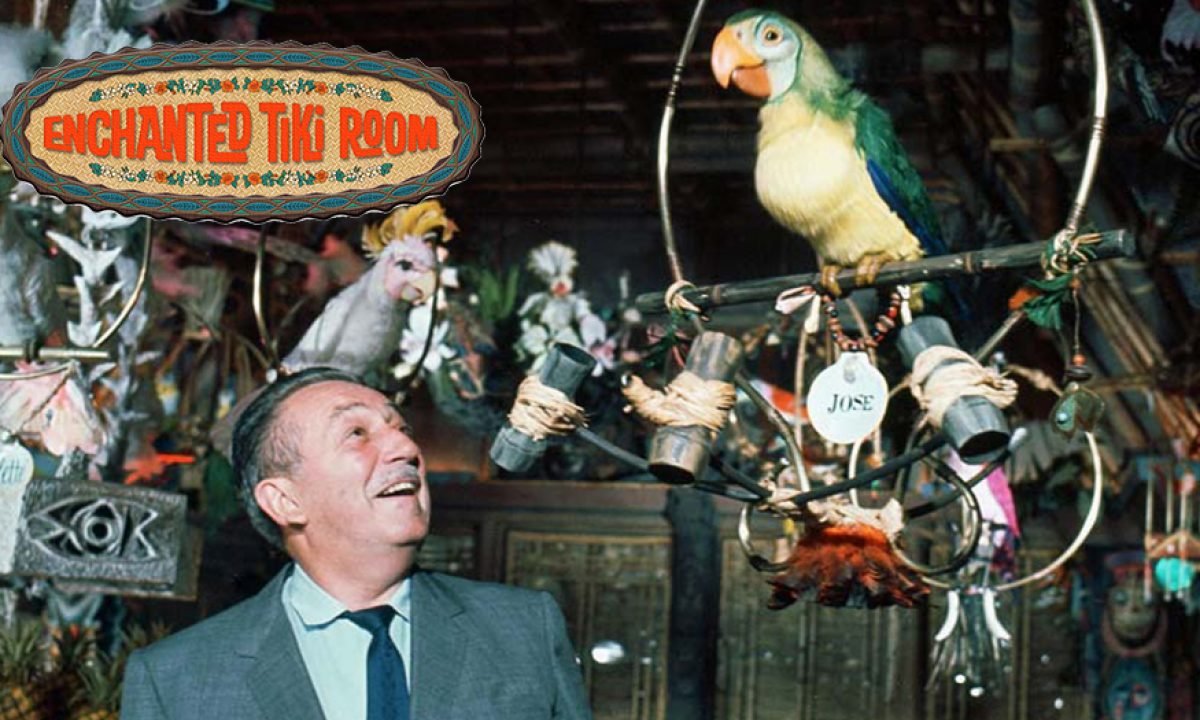In 1940, Sparko the Dog performed at the New York World’s Fair, introducing the world to what would become known as animatronics. Although not mechanically revolutionary, Sparko found himself significant in another way: he was a living creature, or so audiences were meant to feel. At the time, most robots were designed to be seen as robots, not as anything alive. To imitate life through mechatronics marked a biomimetic beginning.

The story as it applies to theme parks, however, begins with a bird.
Walt Disney, around 1960, returned from vacation to New Orleans, or Europe, or maybe somewhere more exotic – the details vary between retellings – with a robotic bird. A product of engineering and imagination, and, therefore, the spirit of Walt’s ambition personified. It was no coincidence that the name Imagineer was adopted by Disney’s design team around this time.
To the world, Walt announced his vision: mechatronic puppets, bringing life to the inanimate in his already revolutionary California theme park. Today, we associate animatronics almost exclusively with theme parks, but at the time of Walt’s announcement, the two fields were yet to overlap.

Still fascinated by the bird from Walt’s travels, Imagineers constructed an entire flock to populate Walt Disney’s Enchanted Tiki Room. The attraction opened in 1963 with an impressive cast of 150 audio-animatronics – keep in mind that even the highest-budget attractions of today rarely exceed just one. It was such an innovation that the animatronic bird placed near the entrance would cause traffic jams as astonished guests stalled on their way in to continue watching it move. Our reaction to the wonder of animatronics has not wavered – the Na’vi Avatar animatronic of Avatar Ride of Passage has been similarly stalling queues since 2017.
I give the biomimetic cast of the Enchanted Tiki Room four stars.





Leave a Reply